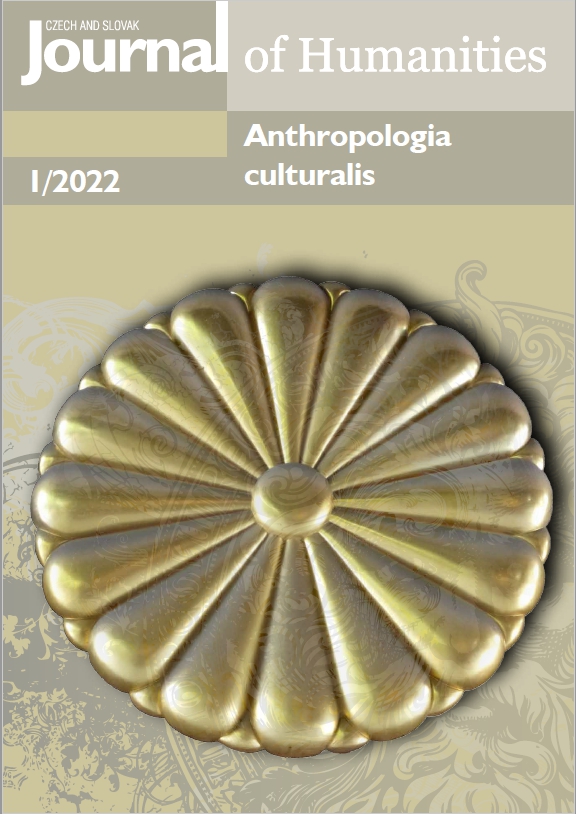Issue for download ▼
Content
Matylda Andała
Values and Norms as Indicators for Dutch Anti-immigrant Politics
Abstract | The relationship between the presence of Muslim minorities in Dutch society and their influence patterns for anti-immigrant politics are the main focus of this article. Their existence has not been without consequences for the socio-cultural landscape of the country and for the sense of ‘Dutch identity’. I am making an attempt to trace shifts in the public debate on multiculturalism, and therefore attitudes that are crucial for setting up a paradigm for anti-immigrant rhetoric and politics among populist far right political parties in the Netherlands.
Keywords | Muslim minorities, Dutch society, relationship, anti-immigrant politics, integration
issues
Martin Látal, Veronika Veselková
League of Legends: Multimodal Analysis of Team Representation at the 2020 World Championship
Abstract | This article concerns the questions of media representation of players and teams in the final match of League of Legends championship. The goal is to uncover the underlying mechanisms of virtual representation of the teams in interplay with their physical presence in the hall and their image in the professional commentary using multimodal analysis. The virtual level of this representation is primarily governed by general trends in esports. Physical image of both teams in the championship hall should be interpreted with regard to their cultural background as both teams are from eastern Asia, where for example certain color symbolics differ from the western culture complex. The professional commentary shows us examples of imbalance and favoritism, giving more space for representation to the blue team and generally regarding it in a more positive light.
Keywords | esport, League of legends, multimodal analysis, representation, videogame
Deniz Özdemir
Anthropological Implications of Robotic Systems for Senior People
Abstract | In our digital world, social robots are becoming widely phenomenal and are being designed to simplify and help with our everyday chores (Breazeal 2003). Older population is rapidly growing worldwide, requiring an increasing amount of care, hence, technological media, namely assistive robots may be an effective method to address the growing demand for care (van Kemenade – Hoorn – Konijn 2018: 1712). It entails prominence to scholars and professionals of social robotics to comprehend the elements that promote healthy communications between humans and robots, yielding positive user evaluations, especially from senior individuals (Sundar et al. 2017). With proper guidelines in place before the introduction of robots en masse into society, these machines could enhance the lives of the aging population, reducing their dependence also bringing further openings for social interaction (Sharkey – Sharkey 2012b). Besides, significantly enough, addressing the expectations of seniors in fact allows them to live a fulfilling life (Carstensen 2011). Whilst robotic systems could accrue a plethora of benefits and assist the lives of the seniors, human robot interaction design is worth analysing with respect to the ethical and anthropological questions such as the loss of privacy, loss of control, infantilization, attribution of responsibility, loss of human contact, emotional deception, and emotional attachment. In this perspective, we go into this balance between benefit and risk through the eye of human-robot relationships (Prescott – Robillard 2020).
Keywords | Anthropology, Companion robots, Robotics, Robot ethics, Senior Care
Lucia Poláchová
On the Barricades Against Injustice, Violence and Discrimination
Abstract | The Netherlands was an important colonial power. In the 20th century it underwent significant changes from a strongly segregated to a multicultural country. These events are also reflected in the social debate on the colonial legacy, racism and the new view of the history. Authors with migration background significantly contribute to the formation of the society. Therefore, this article introduces the Surinamese-Dutch author Astrid Roemer and the role she has played in the fight against racism and in the black feminism.
Keywords | colonial legacy, the new view of the history, counter narratives, racism, black
feminism, multiculturality, female writing, Astrid Roemer
